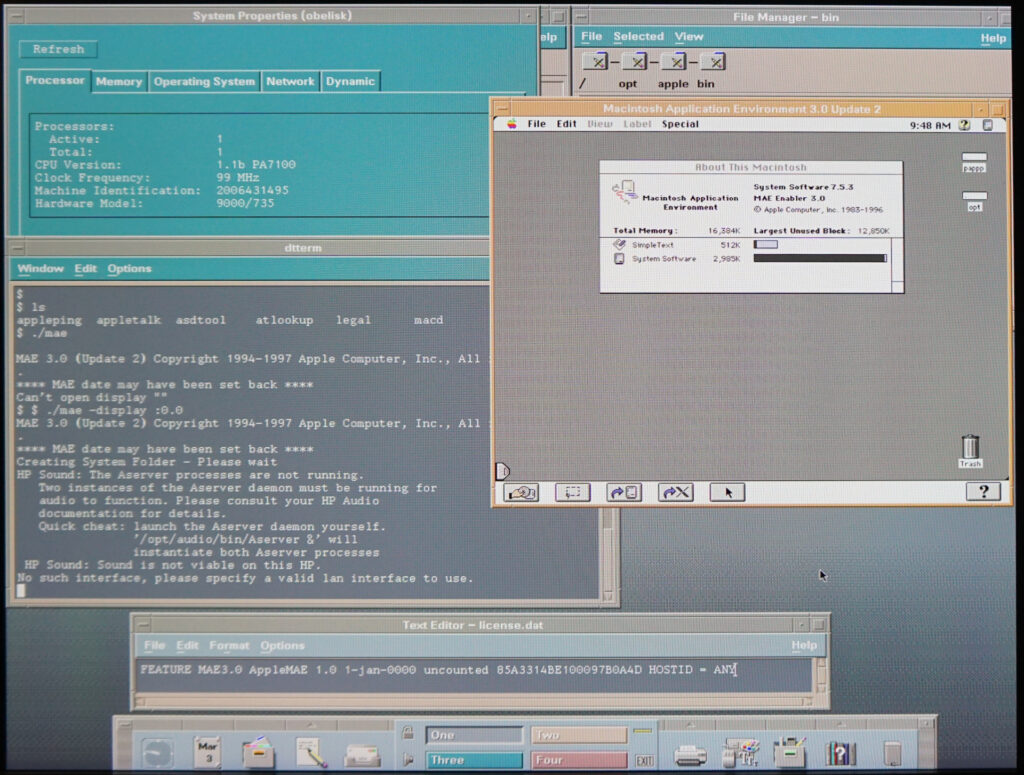I’ve been playing some Tunic the last few days, because the Steam Summer Sale managed to poke me at just the right moment to get an impulse buy. I was interested enough that I paid $20 for a game that came out like a year ago instead of my usual “Wait until I can pick it up for a few dollars and run it on a contemporary potato” gaming strategy.
It’s very to my taste, and I’m enjoying it, but it is, in classic self-indulgent indie game fashion, “Video game tropes: the game.” Not that there’s anything wrong with making things for your own in-group, but it winks so hard you start to wonder about a palsy.
The visual style and gameplay nod to everything. Fez. The whole Zelda franchise. Soulsbornes. Some Monument Valley style geometry illusion/architectural environmental storytelling. Bunches of stereotypical Supergiant details. It’s never met a game trope it didn’t like. They executed and integrated pretty well though, and I am in the market segment that connects to the references. [Ed: Oh look. Some Half Life 2 Citadel and more explicit Chrono Trigger refs late(?) game!]
It’s not …quite… as self-indulgent as Lenna’s Inception (same kind of 2D Zeldalike vein, did it a few summers ago, had slightly more fun than irritation about how hard it was sniffing its own farts), and it’s far more modern and sophisticated than the various Solarus engine games. The visual style is both cuter and more spectacular than either.
It also has the classic indie game feature of being relatively graphically simple, built on a major engine, and still being kind of a resource hog … though I’m playing on Linux via Proton/DXVK, on a workstation-model Polaris12 GPU, so some of the “Barely holding 24fps at 720p on a system that can do way more visually impressive games” is probably my fault [Ed: performance issue suddenly fixed after update and reboot, must have been a driver/system state thing]. I will say, having not played many commercial game for the last few years, the progress with transparent, performant functionality out of the Proton ecosystem is really impressive.




